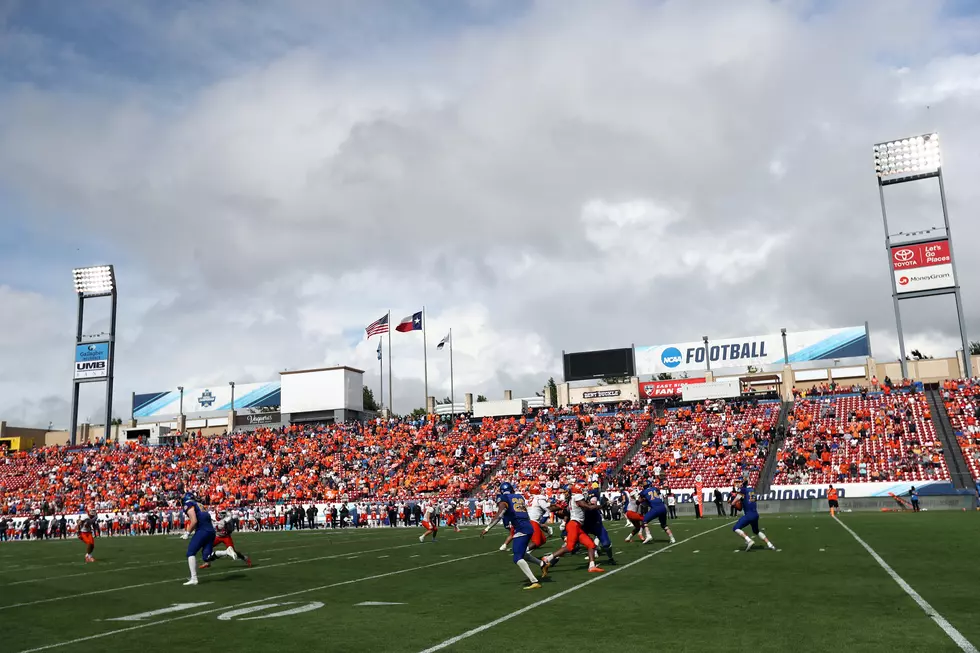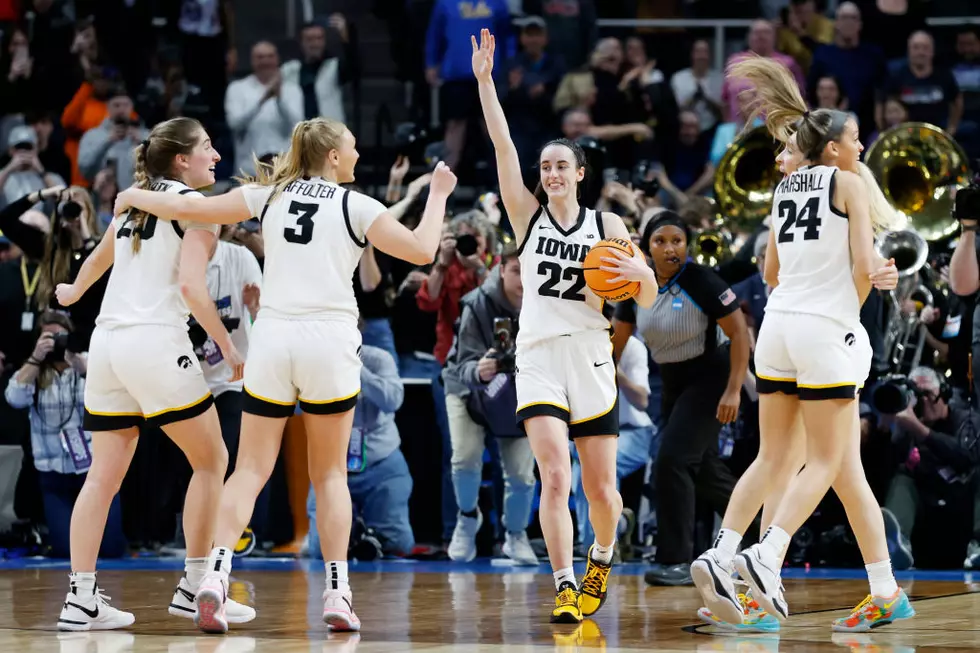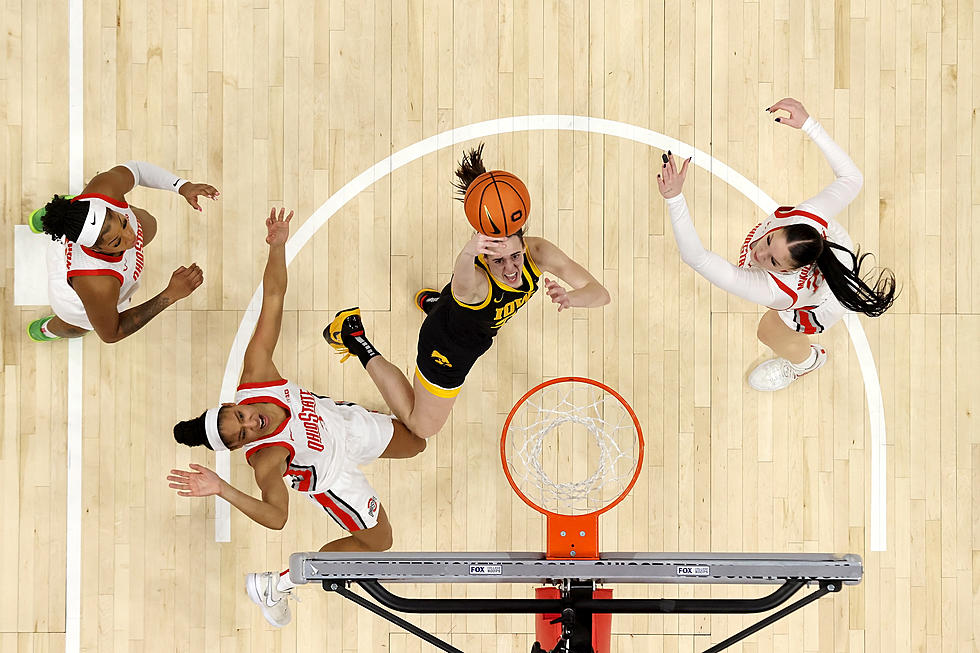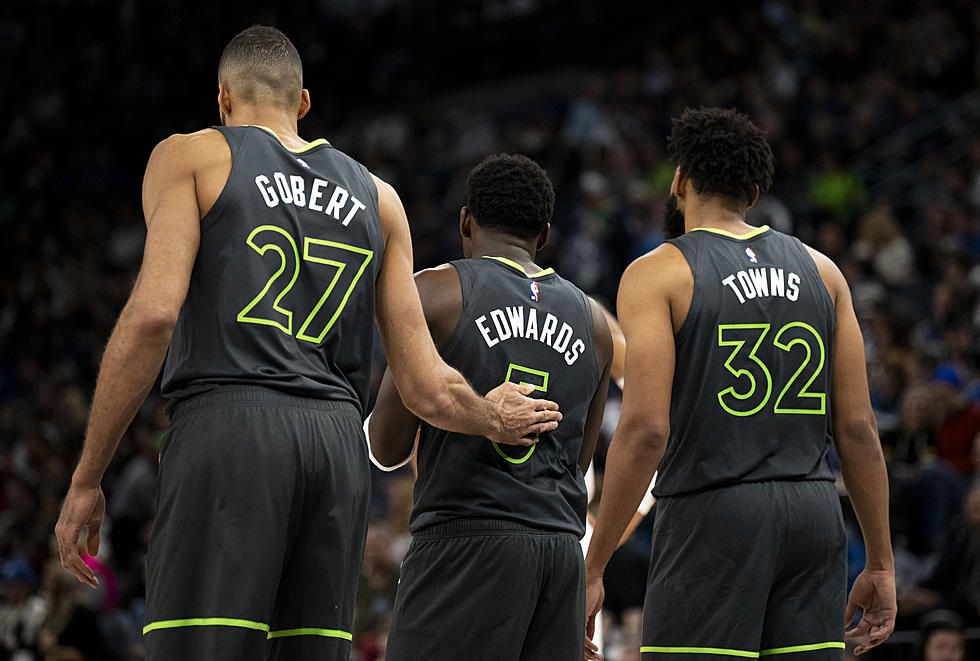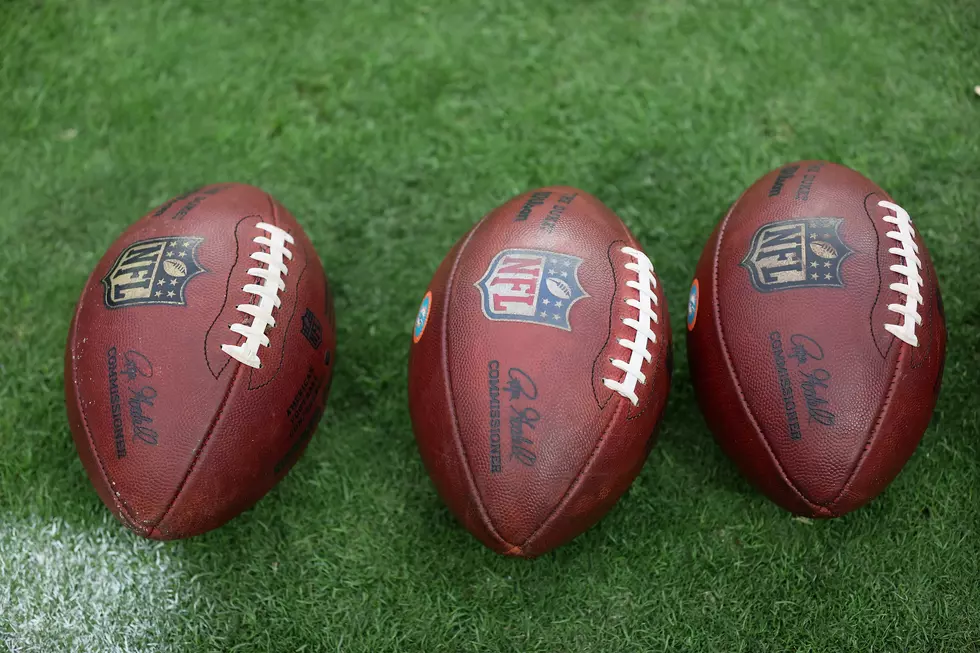
Colleges Mull Pushing for Share of Legal Wagering Proceeds
Concerned that expanded sports gambling will bring additional costs for ensuring their games are on the up-and-up, college athletic departments are looking for a way to get a piece of the action.
A U.S. Supreme Court decision in May allowed states across the country to join Nevada in having legalized sports betting. Since then, sports books have opened in Delaware, Mississippi and New Jersey. A West Virginia casino is set to take bets within two weeks, with other states not far behind.
Schools in states where legal wagering has started or soon will are considering joining professional sports leagues in pursuing legislation requiring sports book operators to pay them a cut of the amount wagered on their games. College officials say the "integrity fees" would help fund beefed-up programs educating athletes about unscrupulous activities associated with gambling and monitoring betting lines for possible game fixing or point shaving.
The American Gaming Association, which lobbies on behalf of the gambling industry, opposes integrity fees because they would be piled on top of state and federal taxes that cut into profit margins. Also, the AGA says, the pressure of paying integrity fees would result in operators offering less attractive odds than a bettor could get from an illegal bookmaker.
Legal sports books keep about 5 percent of the total money bet, and the proposed integrity fee typically is 1 percent. That would mean 20 percent of the profit would go to the recipients of the fees, said Sara Slane, the AGA's senior vice president of public affairs.
There are no known estimates for how much money integrity fees might raise for an individual school, which would receive fees based on the amount of money legally wagered on its games.
Copyright 2018 The Associated Press. All rights reserved. This material may not be published, broadcast, rewritten or redistributed.
More From KSOO-AM / ESPN Sioux Falls

